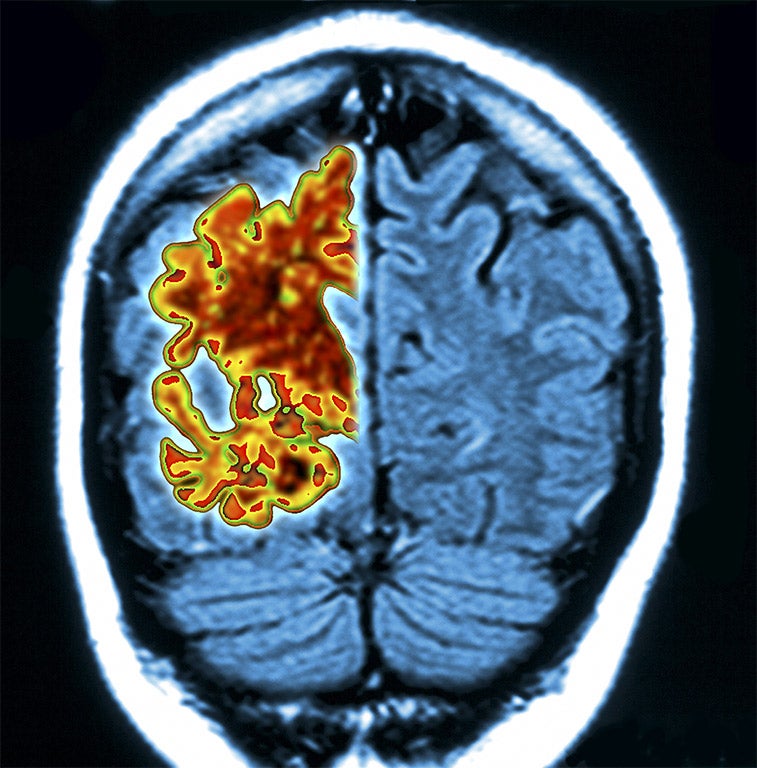Claims Alzheimer's can be caught are 'misleading and unnecessarily concerning for the public', expert says
A study has raised questions about the safety of some medical procedures

Suggestions it is possible to “catch” Alzheimer’s from routine dental surgery, blood transfusions or contaminated surgical instruments have been described as “misleading” and "unnecessarily concerning for the public" by an expert.
A new study suggesting the condition could be spread by certain types of surgical procedure has been the subject of a series of headlines across most major news outlets, including The Independent.
Published in the journal Nature, the research suggested for the first time that Alzheimer’s may be a kind of transmissible infection, raising further questions about the safety of some medical procedures, possibly including blood transfusions and invasive dental treatment, which may involve the transfer of contaminated tissues or surgical equipment.
The authors, who tested eight people who had died of CJD after receiving contaminated hormone injections, found amyloid, one of the abnormal proteins associated with Alzheimer’s, in six of them.
But Dr Clare Walton, research communications manager at the Alzheimer’s Society, echoed the authors’ point that this did not show you can “catch” Alzheimer’s disease by living with someone with it – nor that anyone with any medical procedures lined up should be worried.
There is also no evidence that any surgical procedure used today, including blood transfusions, routine surgery or dentistry, can transfer Alzheimer’s to a person from another person, because the researchers did autopsies on people who were injected with material derived from cadavers.
Dr Walton said: “No people with medical procedures lined up should be concerned with these headlines. This study didn’t look at any medical procedure that we do today, so extrapolate from it that they are a risk would be misleading.
“These headlines matter – Alzheimer’s and dementia is one of the most feared conditions there is, ad 850,000 people are currently living with dementia in Britain today.
“So [such claims] are misleading and unnecessary concerning for the public. It affects a lot of people and will worry a great deal more.”

As the authors point out, Alzheimer’s is thought to occur chiefly as a result of inheriting certain genetic mutations causing the familial version of the disease, or from random “sporadic” events within the brain of elderly people, she added.
She said: “The cause is likely to be a complex interaction between genetic and lifestyle factors.”
A 2013 study showed no increased incidence of Alzheimer's disease in the 6,190 people who received injections, Dr Walton added.
Join our commenting forum
Join thought-provoking conversations, follow other Independent readers and see their replies
Comments